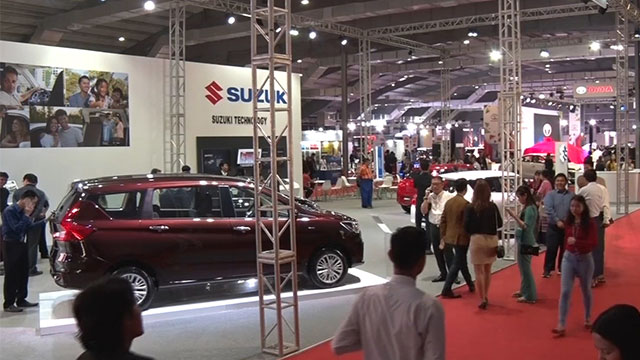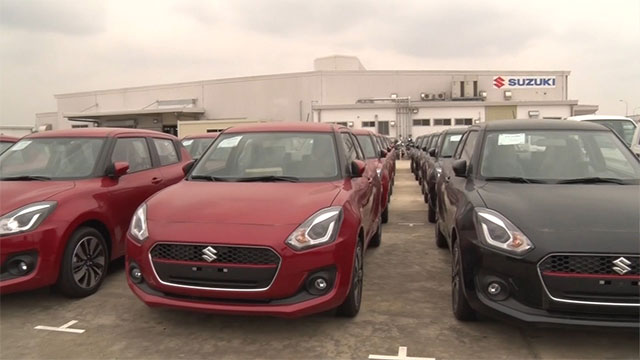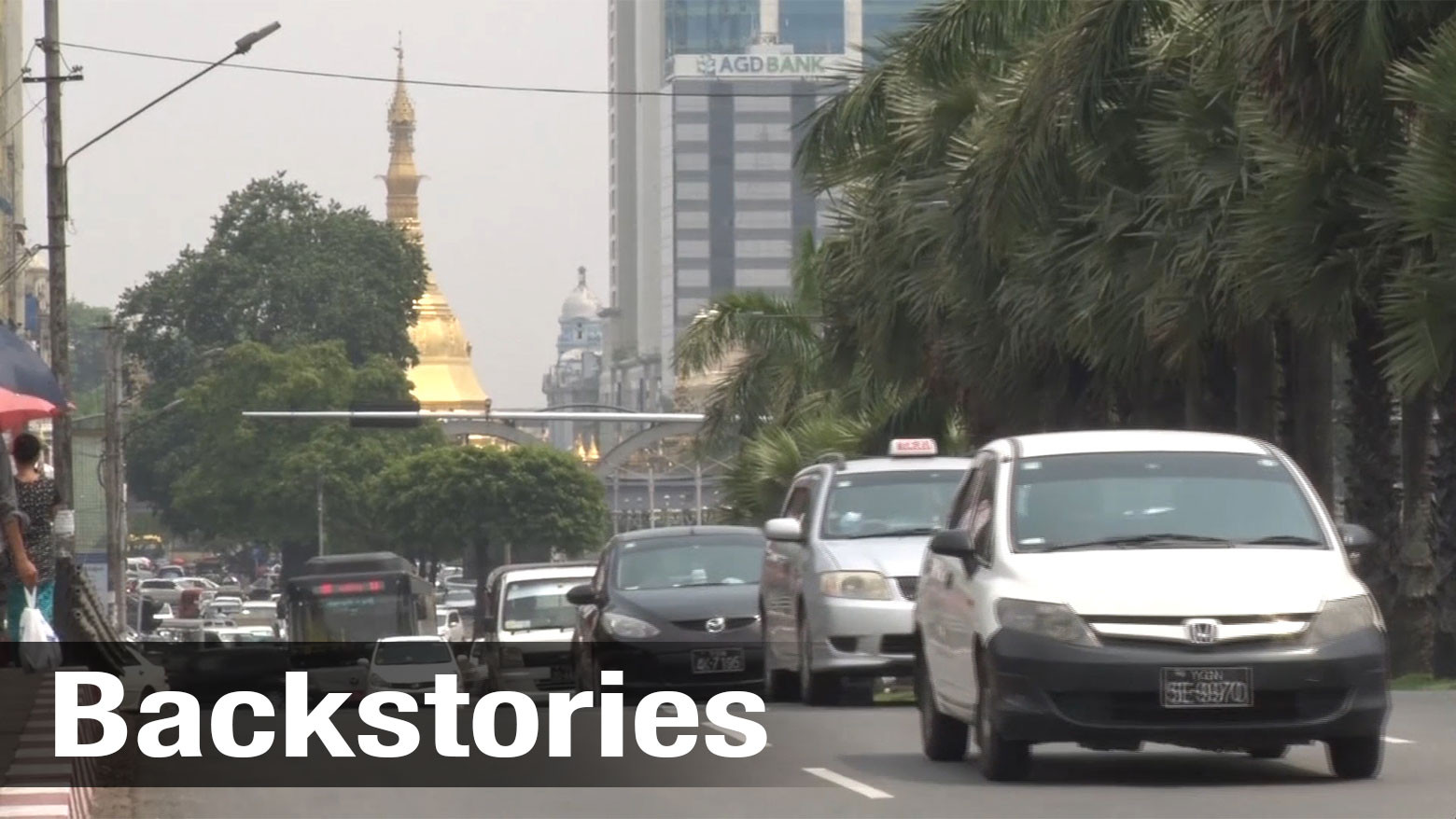A report by the Automotive Association of Myanmar says a record 17,500 new cars were sold in the country in 2018, a two-fold increase for the second year in a row. Consumer demand for new cars has grown rapidly since restrictions were tightened on used vehicle imports in 2017.
Six big auto manufacturers from Japan, the US, China and other countries attended Myanmar's first International Motor Show in January.

Japanese automaker Suzuki already has more than a 50-percent share of the new car market in Myanmar. Suzuki entered the market in 1998 and began local production the following year, ahead of its rivals. It started manufacturing new cars at its second plant in the country in April last year.
Suzuki continues to outnumber its rivals, with nearly 50 dealers across the country. It has tied up with a local bank to develop car loan products with a maximum repayment period of 7 years, the longest payment schedule on offer.
Suzuki's growth has been helped by Myanmar's industrial policy providing tax incentives for local production. This means Suzuki's locally-assembled new cars sell at a lower price than new car imports, which have registration taxes added to the price.
In Yangon, which accounts for a large portion of demand for new cars, license plate issuance is restricted to control traffic congestion. Vehicles considered "locally produced" are exempt from this restriction.
President of Suzuki's local subsidiary, Keiichi Asano, says Myanmar's auto industry is in start-up phase and sales and market share for the company could rise indefinitely with the right approach. He says the 1-million-vehicle new car market in neighboring Thailand should be achievable in Myanmar in the long run.

Other automakers are accelerating moves to make inroads into Myanmar. South Korea's Hyundai Motor started producing locally in February, becoming the fifth foreign automaker to do so after Suzuki, Nissan, Ford of the US and Kia of South Korea.
Toyota Motor enjoys solid demand among higher-income earners, ranking second in sales. The company will also start building a local assembly plant this year for its pickup trucks.
Sales of new cars in the country remain small relative to others -- less than one for every 260 cars sold in Japan and one in 50 in neighboring Thailand. But with a population about the size of Thailand's, there is plenty of room for growth.
Being first to enter a market is a proven advantage in the automobile business, considering the experience of Volkswagen in China and Suzuki in India.
Now all eyes are on Myanmar, minus policy change vulnerabilities and other emerging economy risks, to see which car company prevails.

